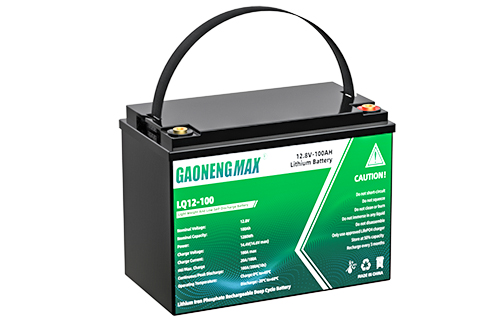

According to foreign media reports, batteries that power electric vehicles have several key characterization parameters, including voltage, temperature and state of change (SOC). Since battery failure is related to abnormal fluctuations in such parameters, being able to effectively predict such parameters is crucial to ensure the safe and reliable operation of electric vehicles in the long term.
According to foreign media reports, batteries that power electric vehicles have several key characterization parameters, including voltage, temperature and state of change (SOC). Since battery failure is related to abnormal fluctuations in such parameters, being able to effectively predict such parameters is crucial to ensure safe and reliable operation of electric vehicles in the long term.
Researchers from Beijing Institute of Technology, Beijing Co-Innovation Center for Electric Vehicles and Wayne State University in the United States recently developed a new method based on deep learning that can simultaneously predict the failure of electric vehicle battery systems. Multiple parameters. The new method is based on long short-term memory (LSTM) recurrent neural networks, a deep learning architecture capable of processing both individual data points (such as images) and entire data sequences (such as voice recordings or video clips).
The researchers trained and evaluated the LSTM model on a data set collected by the Beijing Electric Vehicle Service and Management Center (SMC-EV), which included battery-related data stored by an electric taxi over a period of one year. The model takes into account three important characterization parameters of electric vehicle batteries, namely voltage, temperature and SOC, and has a unique structure and design. The hyperparameters included are pre-optimized and can also be trained offline.
In addition, the researchers developed a method to perform weather-vehicle-driver analysis. This method takes into account the impact of weather and driver behavior on battery system performance, ultimately improving the model's prediction accuracy. In addition, the researchers also adopted an early exit method to prevent the LSTM model from overfitting by confirming the most appropriate parameters before training.
After evaluation and simulation testing of the LSTM model, very good results were obtained. The new method does not require additional time to process the data and performs better than other battery parameter prediction strategies. The results collected by the researchers show that the model can be used to determine various battery failures and provide timely notifications to drivers and passengers to avoid fatal accidents.
The researchers found that after completing offline training, the LSTM model could quickly and accurately complete online predictions. In other words, offline training did not reduce the speed and accuracy of the model’s predictions.
In the future, the battery parameter prediction model developed by the researchers will help improve the safety and efficiency of electric vehicles. At the same time, the researchers plan to train the LSTM network on more data sets to further improve its performance and versatility..

Popular recommendation
3.7V Lithium Polymer Battery.Design of self-healing circuit for nickel-cadmium nickel-metal hydride
2023-10-09AG8 battery.What is the process for customizing 18650 lithium-ion battery pack?
2023-10-12Nickel Hydride Batteries.How to extend the life of rechargeable batteries and avoid accidents
2023-10-09602535 polymer battery.Mater. Yu Jiaguo from Wuhan Institute of Technology. Today: Research progress
2023-10-08The development trend of China's lithium battery recycling market
2022-06-17CR2430 battery.Seven major lithium-ion battery technologies and resources subject to foreign restric
2023-10-08Teach you to identify true and false button batteries
2022-06-18AG5 battery.One article tells you the key points of the 18650 lithium battery pack process
2023-10-09LR726 battery!A push-pull inverter vehicle switching power supply circuit design scheme
2023-10-08AG5 battery!Analyze the differences in R&D and design of power lithium-ion batteries and ordinar
2023-10-0836v 7.5ah lithium ion battery pack.Analysis of the weaknesses of 18650 lithium battery technology
2023-10-08button battery cr1620.How to distinguish between energy storage lithium batteries and power lithium
2023-10-10